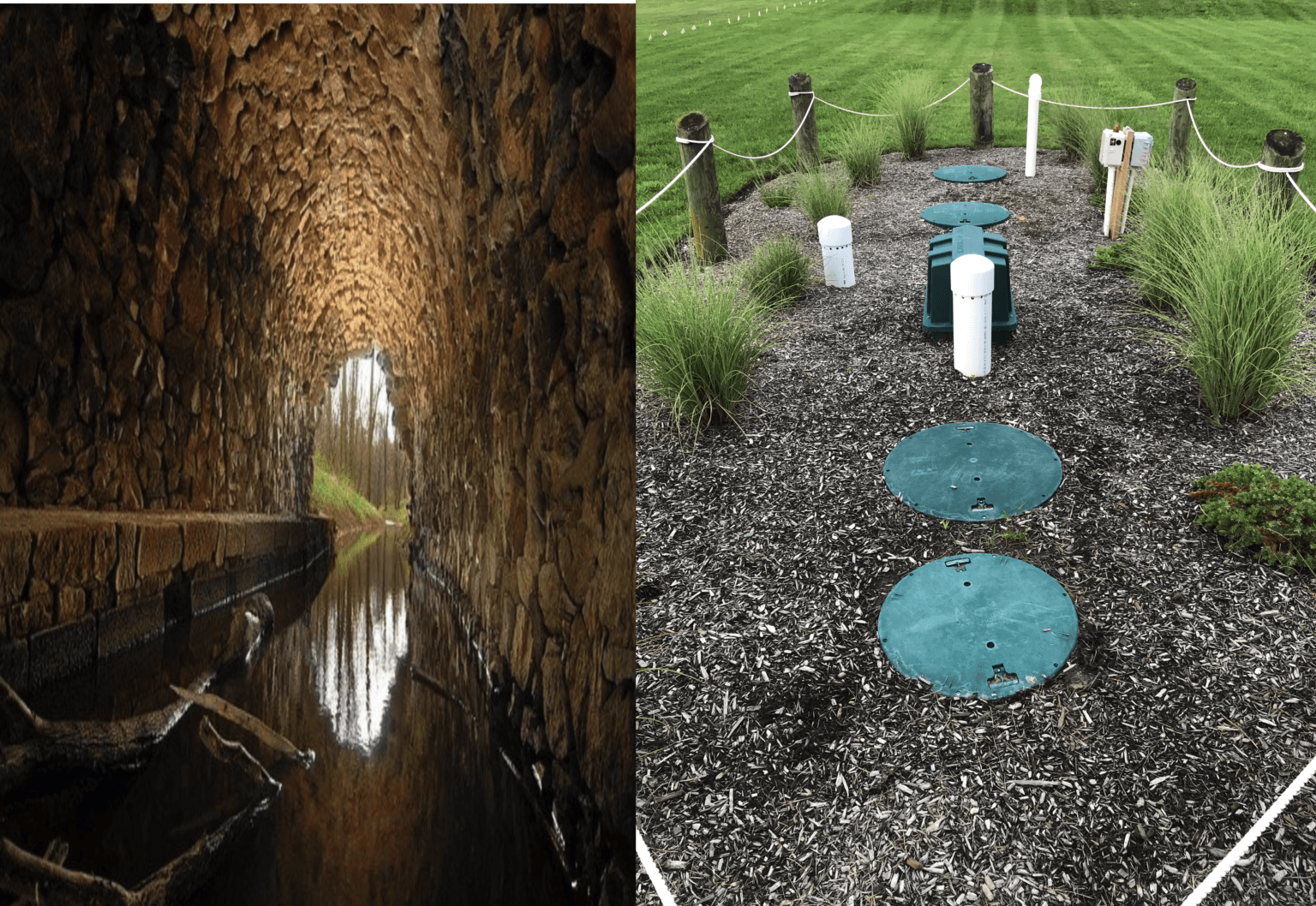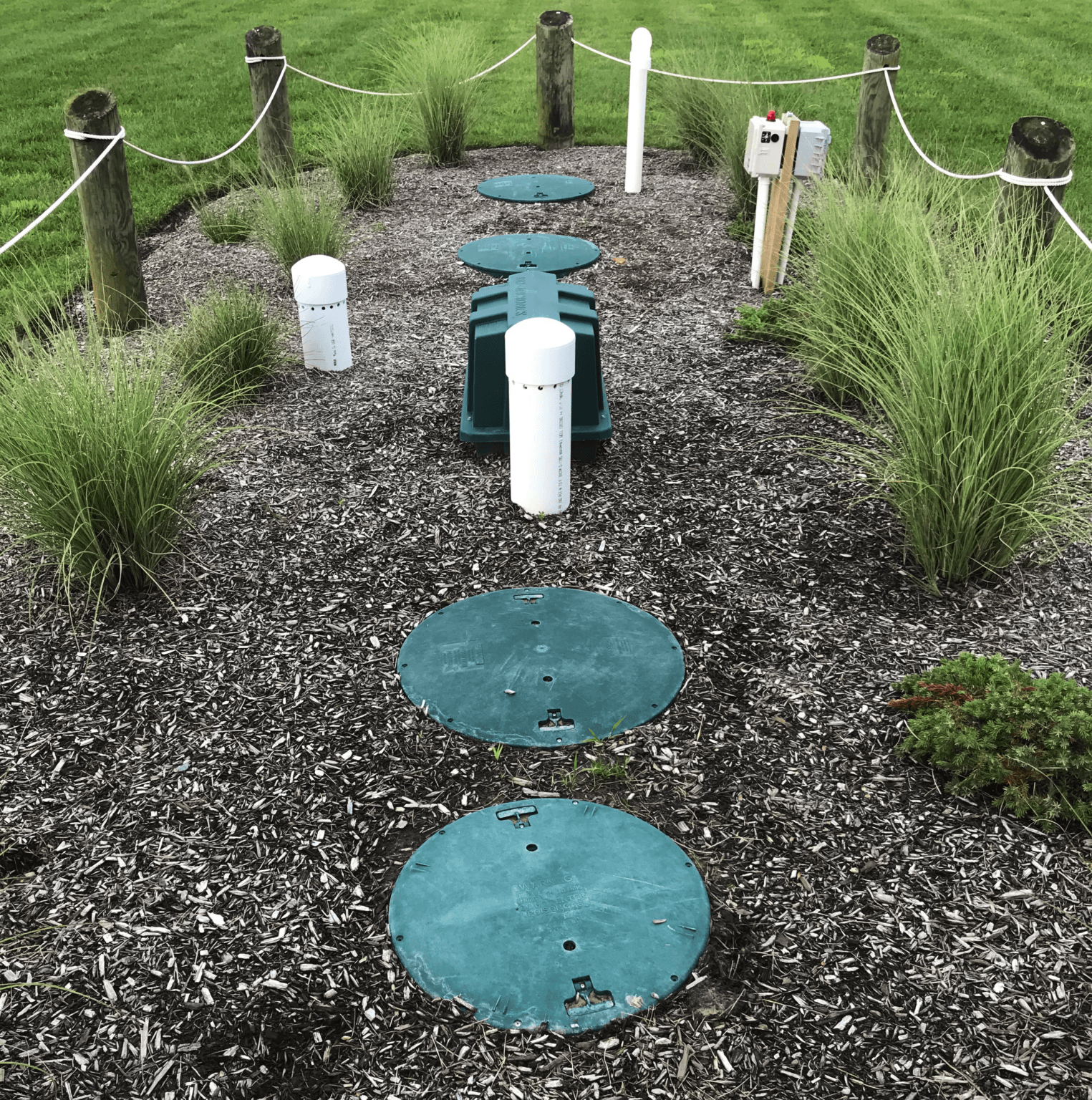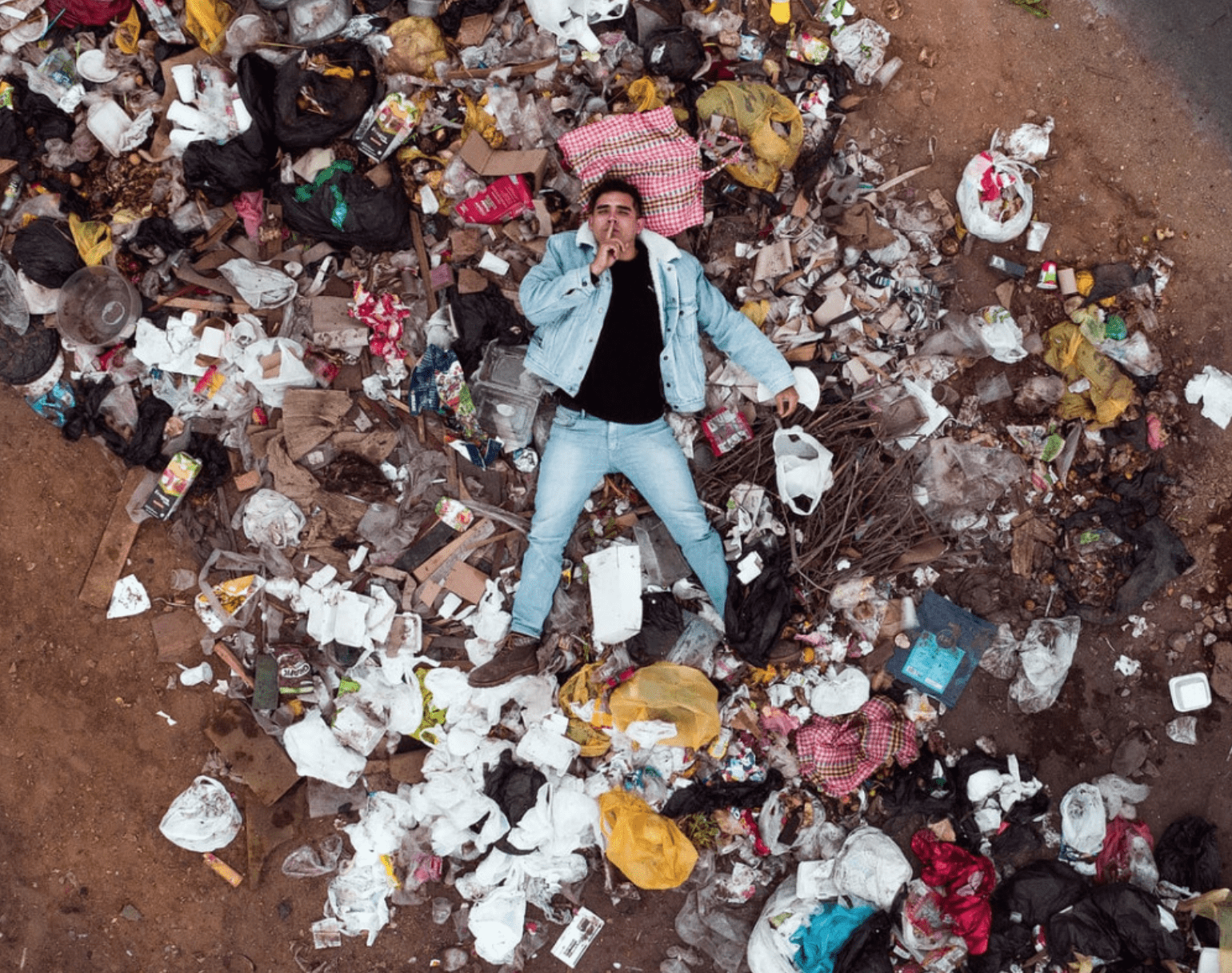Septic systems have clear advantages, but they are also more delicate than city sewers. Unlike houses with access to city sewers, If you live in a home with a septic system, it is your responsibility to maintain it. If you have been around a septic system for a while, you know that harsh chemicals should be avoided, but what about other household items? Can everyday items damage my septic system?
Many of us will sometimes flush everyday items without too much thinking, unaware that some of them can be very bad for the septic system. These systems need time for bacteria in the septic tank to decompose waste naturally. An excessive amount of solids, oils, and grease will unnecessarily tax the system and may require expensive repairs.
Being used to dealing with city sewage, I have a lot to learn about the septic system. I started by learning that the cute little mountain in my yard was actually part of my septic system.
I keep learning every day. I already know that my toilet cleaner can damage the septic system. Here is a list of items that should never end up in the septic system, followed by others that are entirely safe.
Kitty Litter
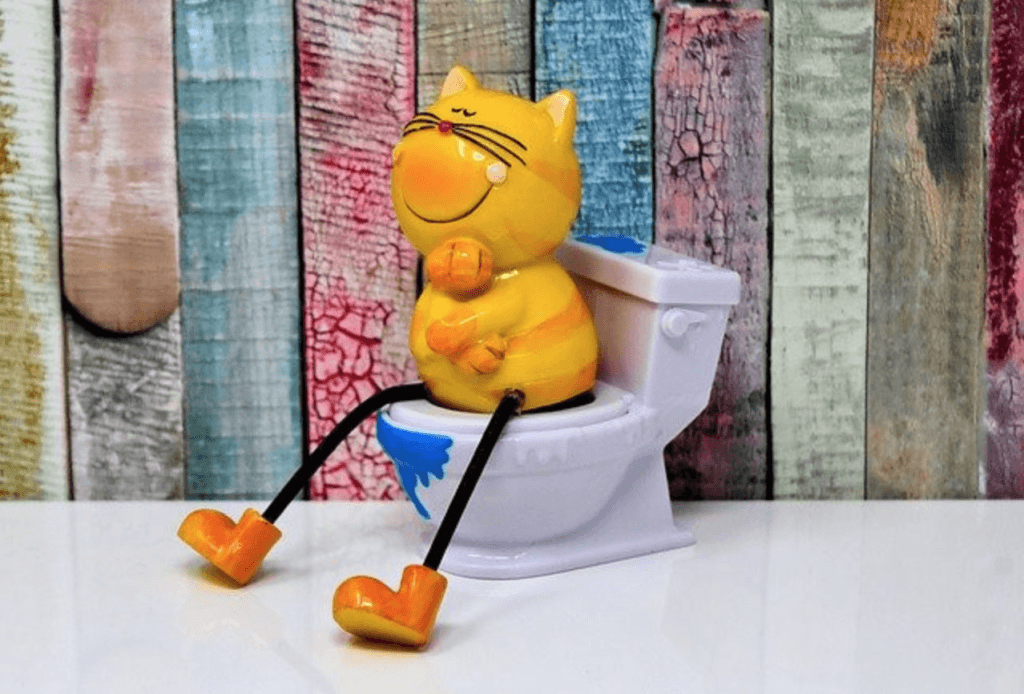
It may seem convenient to collect your pet’s waste and flush it down the toilet but think again. Kitty litter contains clay and other materials that make the cat litter clump when wet. These bits will form larger balls and take up space in the septic tank. They will increase the volume of solid materials and may even clog the pipes before reaching the tank.
Tampons
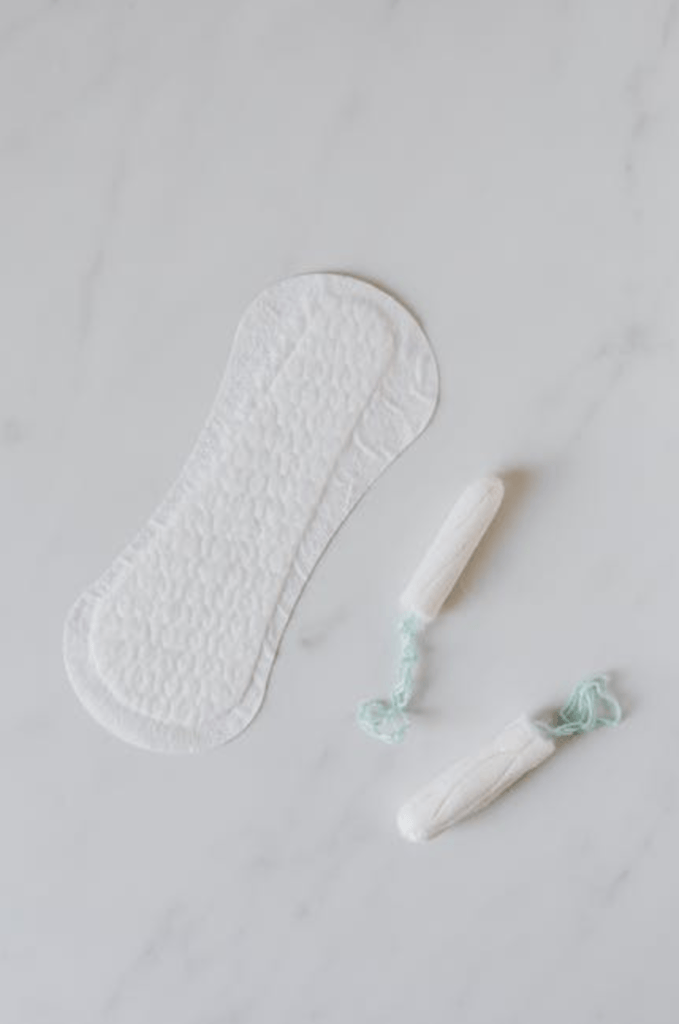
Ladies use these monthly, and some flush them down the toilet. Like kitty litter, tampons can cause pipe blockage, and they will add up to the volume of the solids in the tank. Because tampons are not biodegradable, they will never dissolve and will accumulate in the septic tank. Tanks full of non-biodegradable materials need more frequent pumping and can experience severe problems, including overflowing.
Hygienic Pads
Hygienic pads are usually made from cotton and plastic materials. Plastic is not biodegradable, and it will cause the same problems as tampons, if not worse. The hygienic pad’s bottom is typically made from plastic, and these parts can be quite large. Together with other waste materials, pads can cause an expensive pipe blockage before it even gets to the septic tank.
Cotton Pads
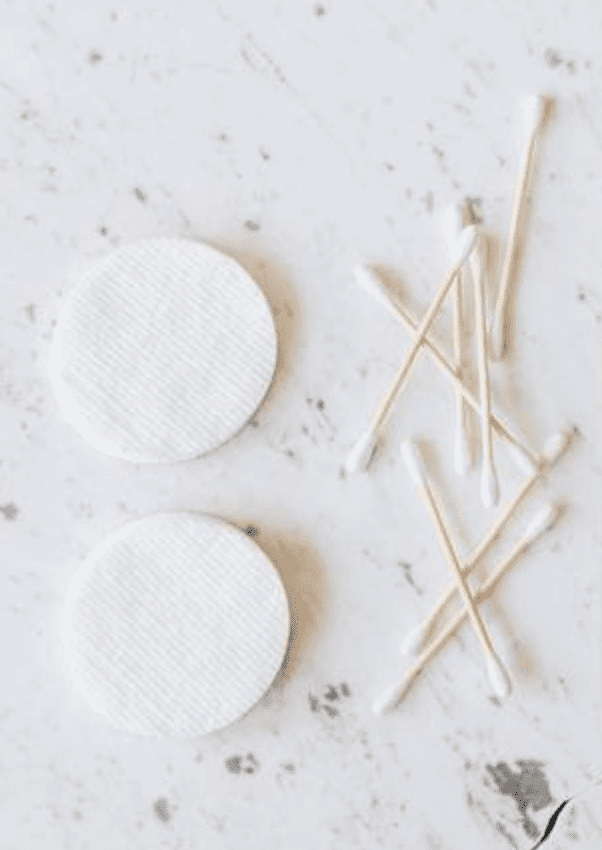
Cotton pads have all kinds of applications, from removing nail polish to makeup removal and even cleaning. They are relatively small, and people often think these are not a problem. While 100% cotton products will eventually break down on earth, the process takes too long for the septic system. If you flush one accidentally, nothing wrong will happen, but you will create a problem if you make a habit of it.
Cotton Swabs
Cotton swabs are used for makeup and for cleaning the ears. Some people even use them to clean small openings in other items they can’t reach. They are made with a combination of plastic and cotton. Although small, the cotton portion will accumulate if you are disposing of too many of them. Of course, any kind of plastic is bad for the septic system. Due to their shape, when combined with other waste, they can cause a blockage.
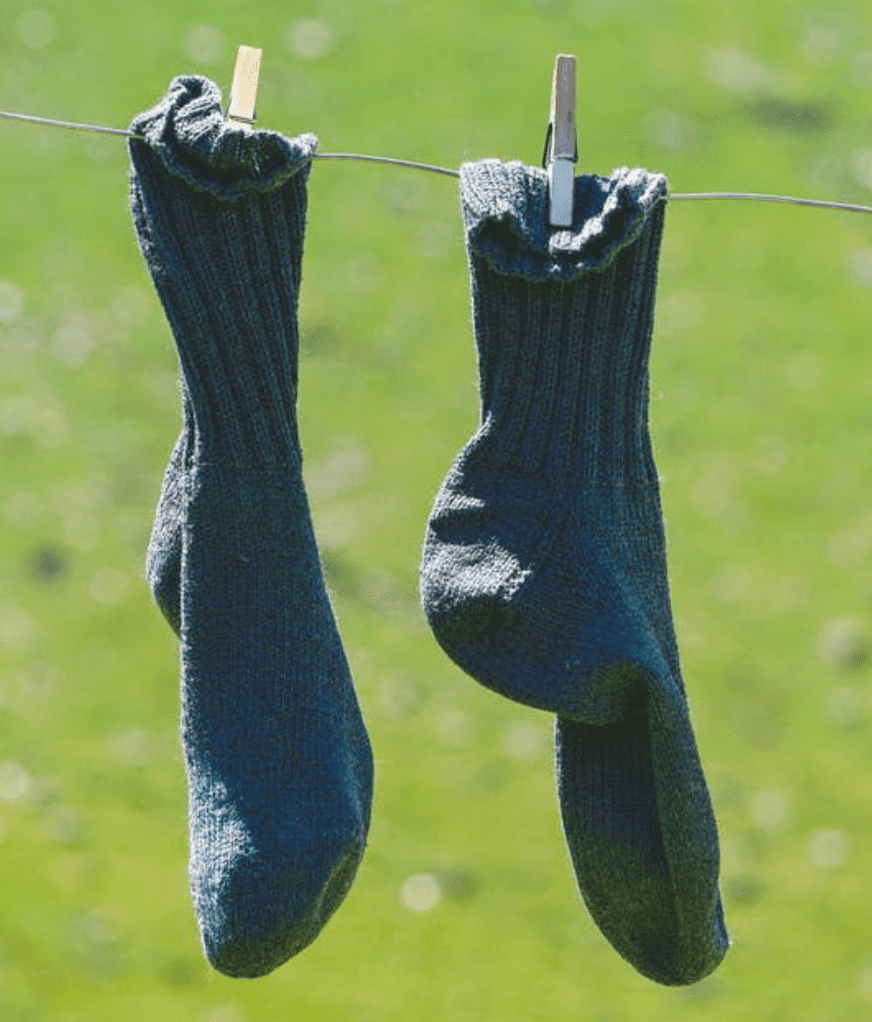
Any Type of Fabric
OK, you are thinking: No one would flush fabric!
Well, you would be surprised how often this happens.
Kids can do it accidentally, you may accidentally drop a sock or a piece of cloth and flush it. This is a serious problem because if the object stays in the pipe, it will slow down the wastewater flow and hold the toilet paper and waste in place. A large blockage like that can result in expensive professional work even before anything gets to the tank.
Earplugs
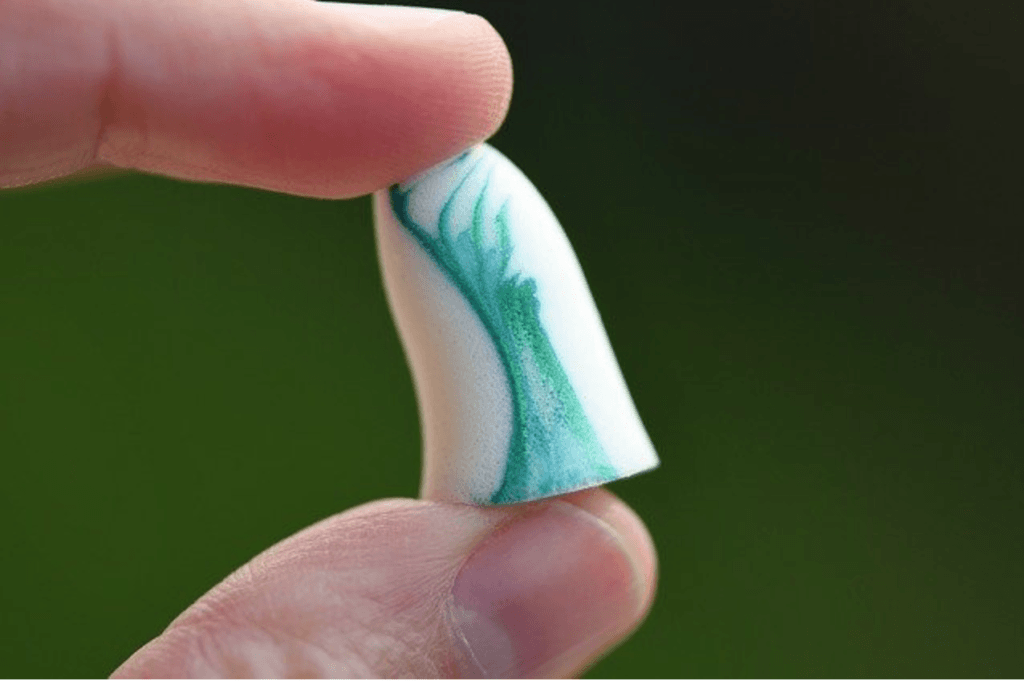
Many people use earplugs for various reasons. Your neighbors are noisy or you live in a busy household and want some peace and quiet. Earplugs have to be changed regularly, and people who use them daily will change them frequently. Flushing these small items in large quantities will result in their accumulation in the septic tank.
Cigarette Butts
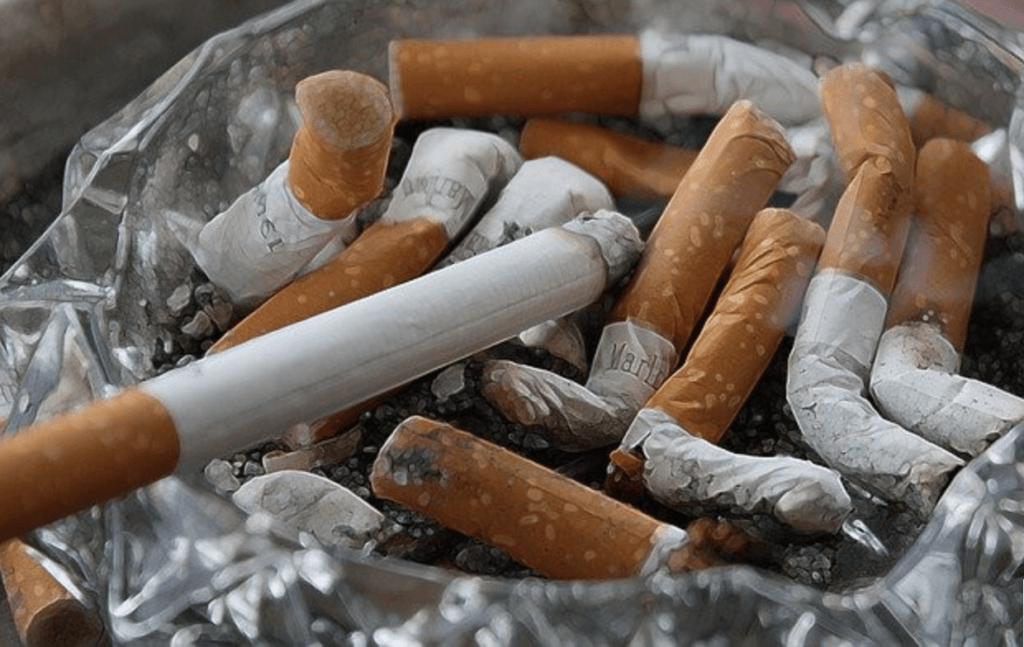
Smoking is an unhealthy habit that many people still like. However, cigarettes are not harmful only for you, but for your septic system too. Cigarette butts don’t fully biodegrade, and they can clog the pipes and the septic tank too. Enough amounts of cigarette butts will probably float for a long time together with the oils and grease (scum) on top of the tank. As a result, you will have to pump your tank sooner than you expected.
Toothpicks
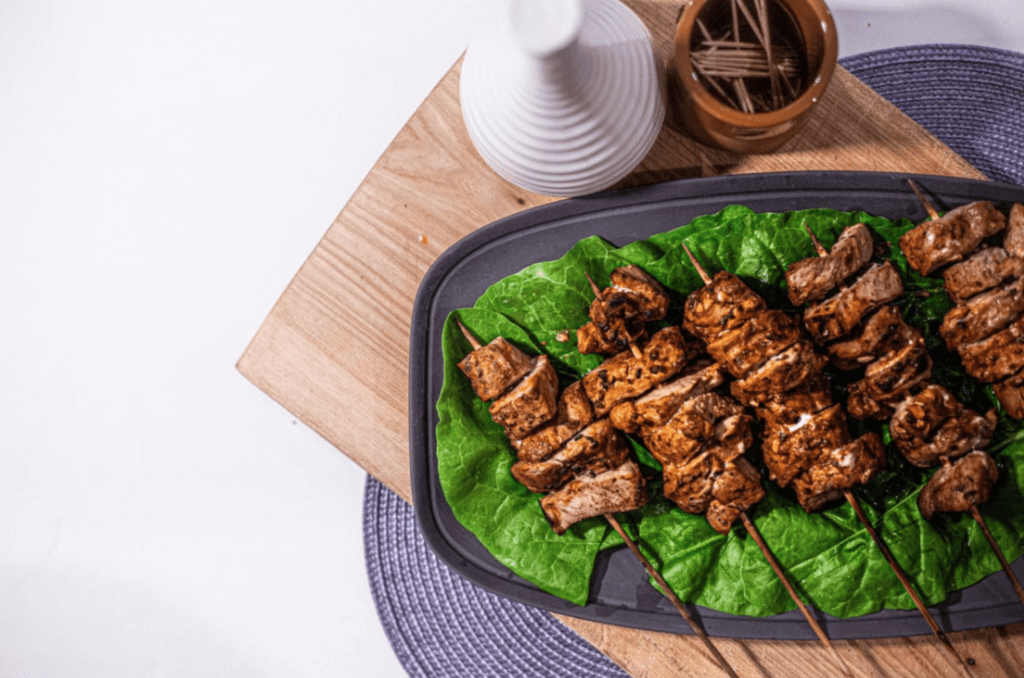
Toothpicks can end up in the toilet or garbage disposal in your kitchen. These small wooden items float and can cause all kinds of problems. They can accumulate in areas where they shouldn’t be, and even travel pass your septic tank and clog the drain field because of their small size.
Condoms
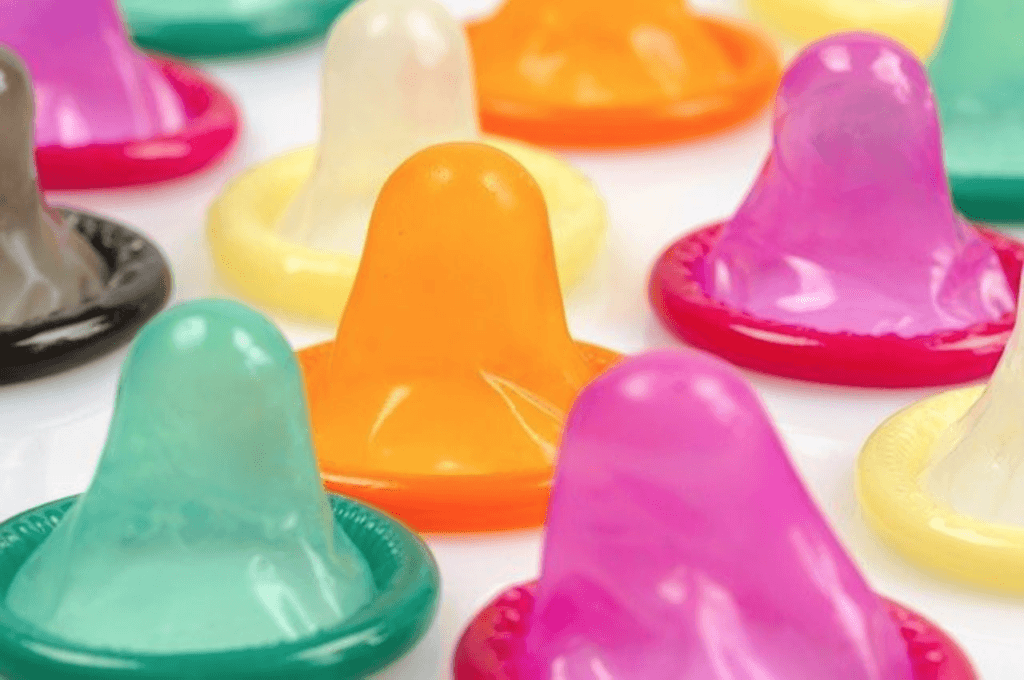
Flushing condoms and other objects made out of latex are hazardous to your plumbing and septic system. Enough condoms can clog your pipes and make your septic system fail due to a latex material buildup.
Dryer Sheets
If you use dryer sheets, you may think they should be OK in the toilet because they are soft and thin. That may be true, but they are made of synthetic fabric, which is not biodegradable. Same as most fabrics, it can cause serious blockage and should never be flushed down the toilet.
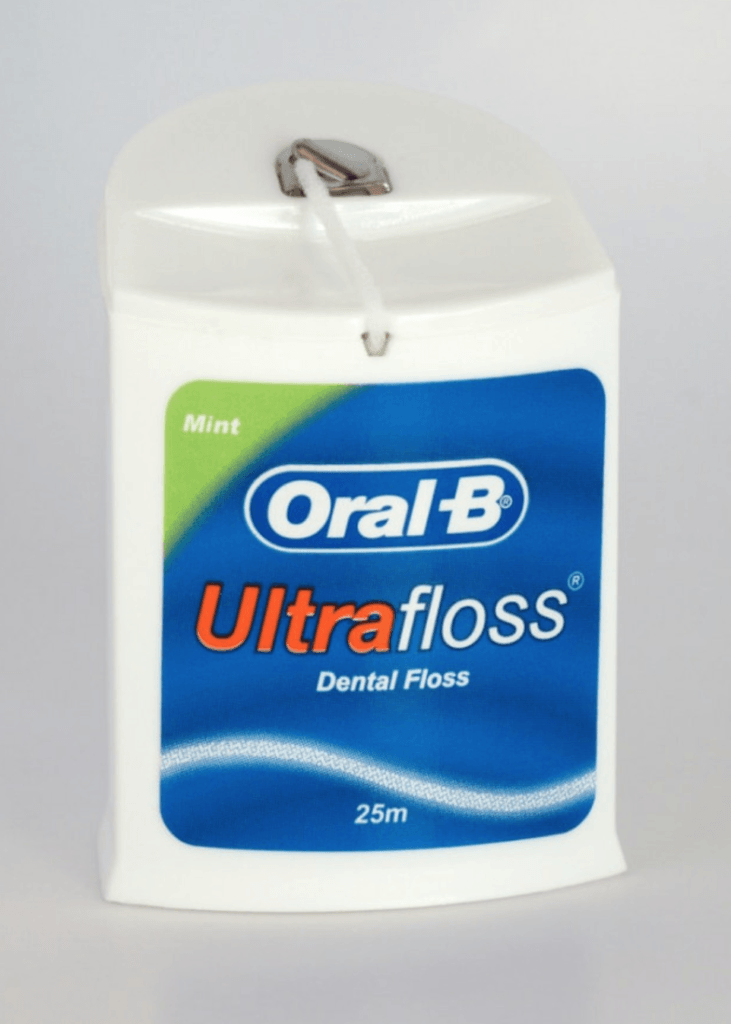
Dental Floss
Using dental floss has many benefits for teeth, but not for the septic system. The thin cord can wrap around other materials, clog the pump impellers, and damage other areas of your septic system.
Disposable Diapers
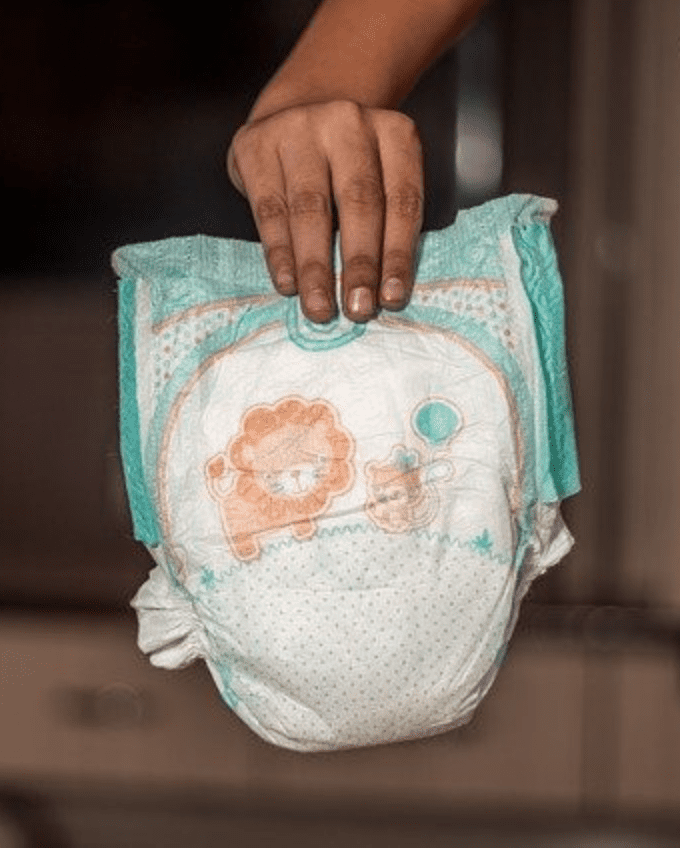
Some people read the word “disposable” and think they can safely dispose of the diapers anywhere, but that is not the case. Diapers should go into the trash bin. If they end up in a septic tank, the result will be similar to flushing hygienic pads. But because diapers are bigger, they will likely cause a blockage before they even get to the tank, resulting in expensive plumbing repairs.
Coffee Grounds
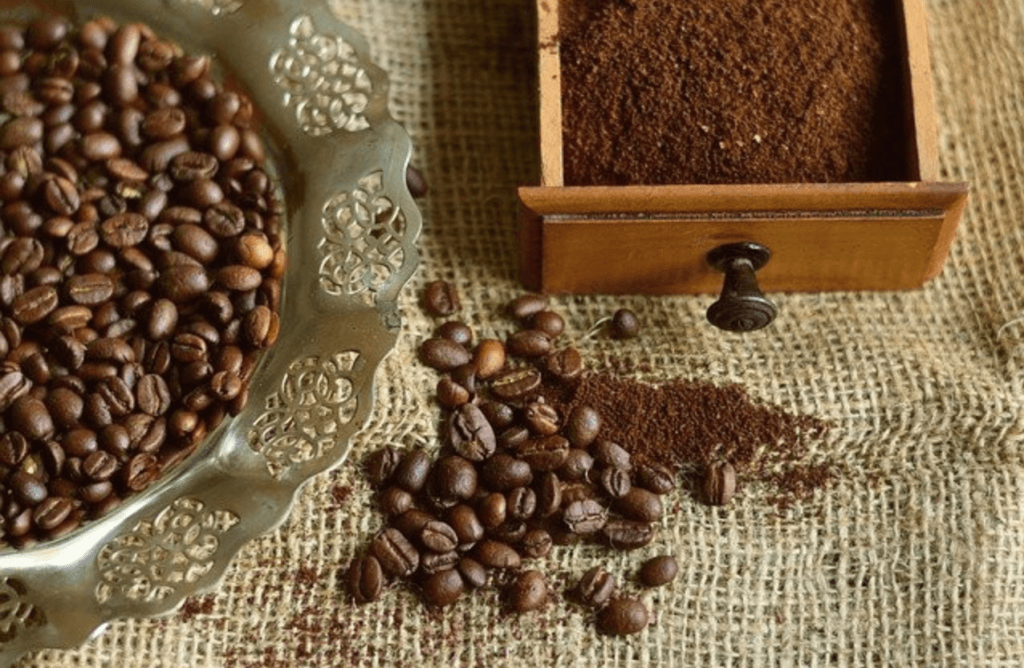
Coffee grounds do not end up in a toilet, but they frequently end up in garbage disposal in the kitchen. You should seriously limit the use of your garbage disposal if you have a septic system. Coffee grounds are natural, so why shouldn’t they go into the septic system? Coffee grounds are small and sticky, and they will deposit everywhere. After some time, your pipes will be full of it, and water will not have a regular flow towards the tank.
Cardboard, Paper Towels and Napkins
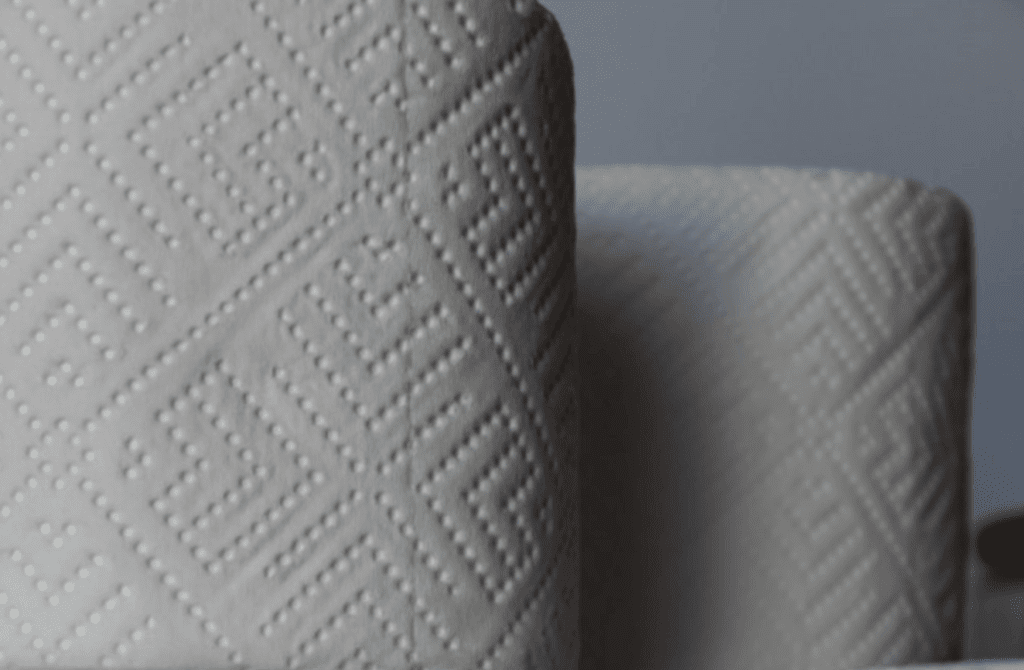
Paper towels and napkins are not the same as toilet paper. They are much thicker, and the bacteria in your tank can’t dissolve them quickly enough. Also, some napkins contain plastic, which can block your pipes and cause a problem. If they end up in the tank, paper towels and napkins will soon occupy a lot of space, and the ratio between solid and liquid waste in the tank will force you to pump your tank earlier than scheduled.
You probably wouldn’t think of flushing cardboard down the toilet, but if you have children, they may think is a fun activity. They can cut a cardboard box into small pieces and flush them down the toilet with a smile on their face. Like thick paper, cardboard doesn’t break down fast enough if it reaches the septic tank. But it probably won’t get there because it will likely block your pipes.
Wet Wipes
Wet wipes are a common household item used for personal hygiene, babies, or makeup removal. You can also find wet wipes for household cleaning purposes, which are more problematic because their antibacterial properties can be harmful to the bacteria living in your septic tank. Both types of wet wipes can also cause the same problems as paper towels and napkins.
Medication Packages and Medications
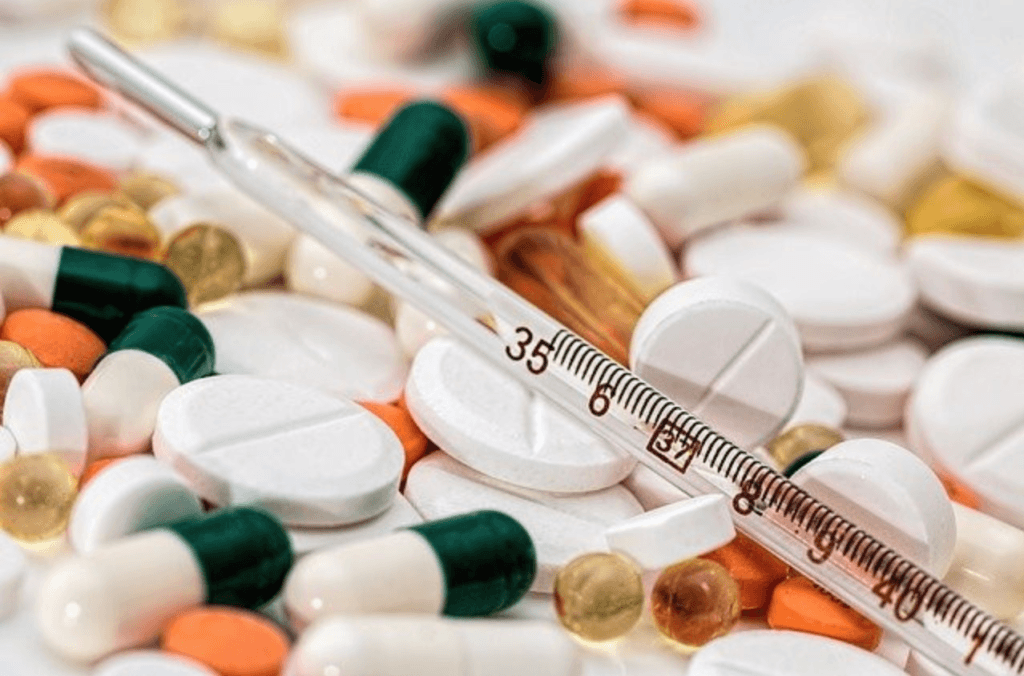
Medication packages are the same as trash and should never go into the tank. Medications are even more dangerous. Antibiotics can completely kill the bacteria inside a septic tank, while some other drugs stay in the water, end up in a drain field, and be very harmful to the environment.
Makeup or Skincare Product Leftovers
You used half of the body moisturizer, and you really like the package, so you want to keep it, but the lotion is not that good, and you want to get rid of it? That’s cool, but don’t put it in a drain or a toilet. The same goes for makeup. These products are full of grease and oils, and leftovers will float, form scum, and possibly even clog a drain field.
Dirt and Dust
Emptying your vacuum cleaner in a toilet is not a good idea. Small dirt particles will form a sediment in the pipes and potentially cause a blockage. If these particles end up in your septic tank, they will form a layer that will negatively affect the normal decomposing process.
What Can Go Into Your Septic Tank
As you can see, many everyday items are not safe for your septic system and cause problems and trigger your septic alarm. But other items are OK. These are items that can end up safely in your septic tank:
- Toilet paper
- Specialized, biodegradable, non-clumping, kitty litter, labeled as safe
- Biodegradable nose tissues
- Occasional food leftovers through the garbage disposal
Sorry, this second list is much shorter, but that is because septic systems are sensitive. You should also use septic systems’ safe cleaning products and conserve water. That is both environmentally friendly and good for your wallet.
===> How about using Drano?
Related Posts:
